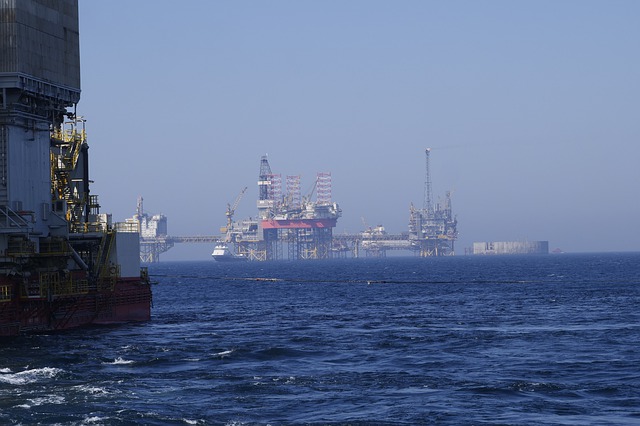
Production begins from bp-operated Seagull field in North Sea
London, 06 November 2023, (Oilandgaspress) – bp has successfully started production from the Seagull oil and gas field in the UK North Sea, boosting energy supplies, supporting the supply chain and jobs, and underpinning continued production from an offshore facility that’s been operating for 25 years.
Seagull has been developed by Neptune Energy as a subsea tieback to the bp-operated central processing facility (CPF) of the Eastern Trough Area Project (ETAP) in the central North Sea, around 140 miles east of Aberdeen.
The project supported 800 jobs through the development phase.
Seagull is the first tieback to the ETAP hub in 20 years. The field is located 10 miles south of the ETAP CPF and is a four-well development. Production is delivered via a new three-mile subsea pipeline which connects to an existing pipeline system. A new 10-mile umbilical has been installed, linking the ETAP CPF to the Seagull field, providing control, power and communications services between surface and seafloor.
Seagull sustains continued production through the ETAP CPF, which supports 350 full-time jobs, 270 offshore and 80 onshore. Oil from Seagull is exported through the Forties Pipeline System to Grangemouth in central Scotland and gas to Teesside via the Central Area Transmission System.
The new field is expected to produce around 50,000 barrels of oil equivalent gross per day at peak production.
Doris Reiter, senior vice president, bp North Sea, said: “bp has been safely operating in the North Sea for nearly 60 years, delivering a reliable flow of energy, supporting thousands of jobs and a world-class supply chain. We plan to keep doing this by investing in our existing oil and gas infrastructure, like at ETAP, which has been a cornerstone of our North Sea portfolio for a quarter of a century. The start-up of Seagull is a fantastic milestone that demonstrates how bp is investing in today’s energy system and, at the same time, investing in the energy transition.
Information Source: Read full article
Energy ,Petrol , Electric Power , Natural Gas , Oil , Climate , Renewable , Wind , EV , LPG , Solar , Electric , Electric Vehicles, Hydrogen, Oil Price ,Crude Oil, Supply, Biomass , Sustainability,

